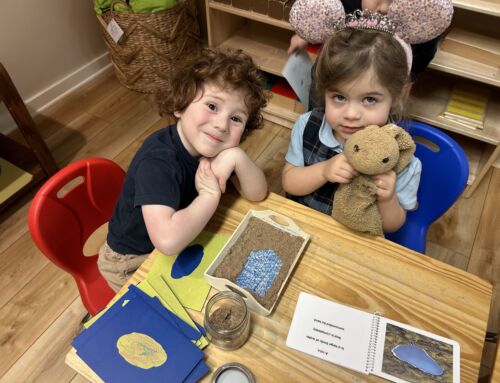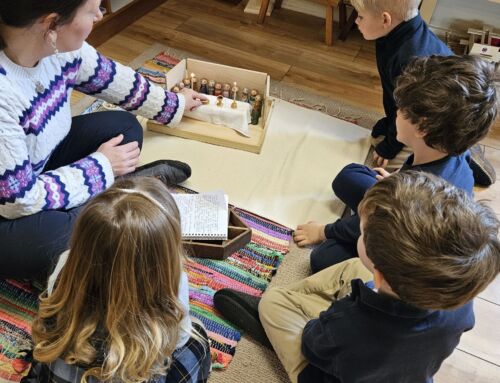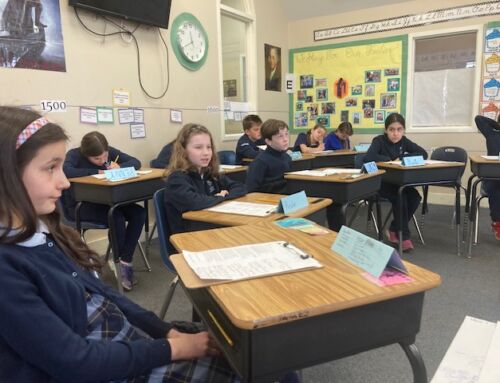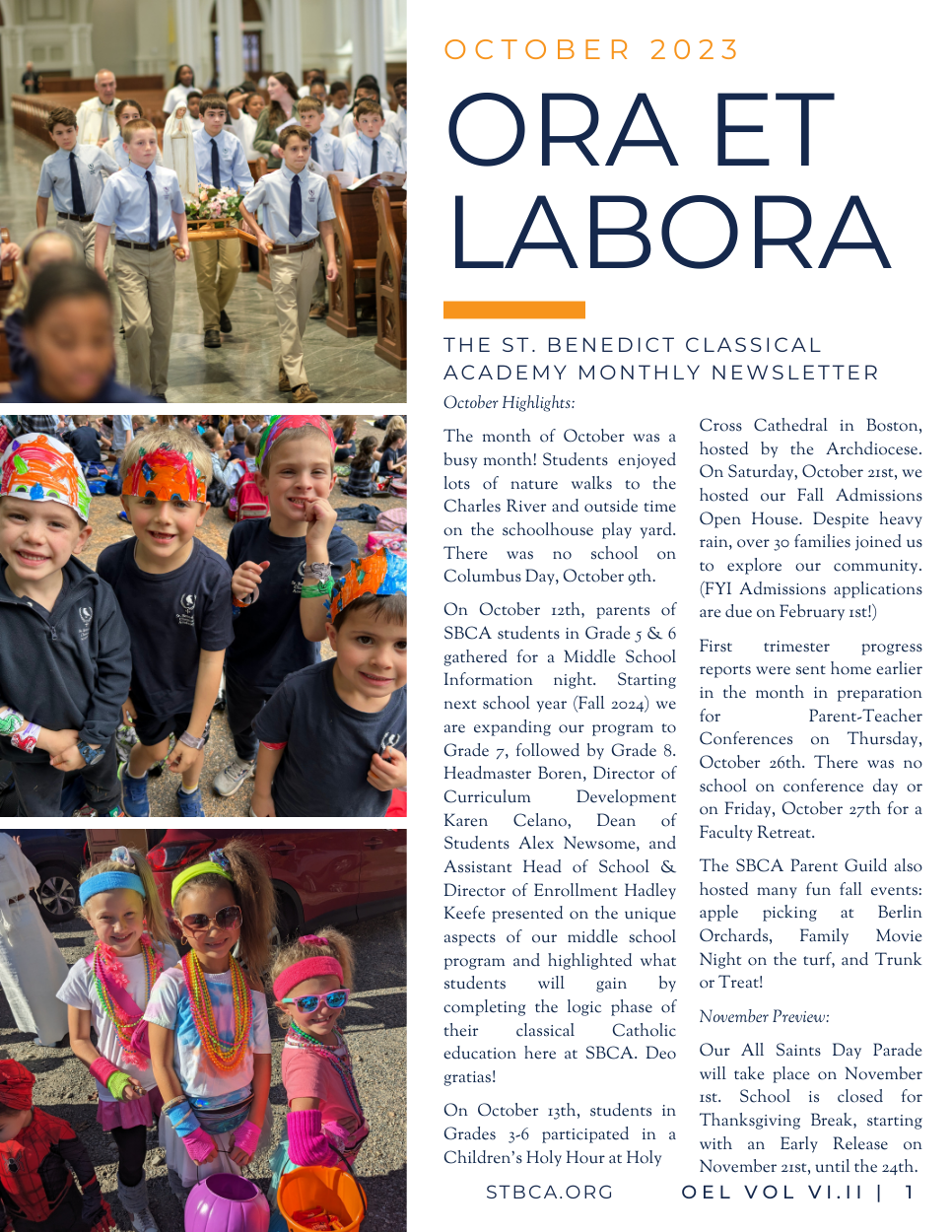As Assistant Teacher in our Montessori early learning classroom, I quickly learned my important role as the “observer”, a role specifically assigned to the assistant teacher in a Montessori room. By observing, you discover the child’s connection to their environment and others around them and see what interests them and where they struggle. Maria Montessori, who created the Montessori method of education, observed when a child was deeply absorbed in an activity and watched carefully the expression on the child’s face as they made a discovery. While this may be sometimes hard for me to do in such detail in a larger classroom setting, I try to at least take a mental note of our students’ little triumphs and struggles. I have witnessed a child’s excitement when they finish sewing a booklet and frustration when their favorite activity is not available.
Not only have I observed what a child’s favorite material is or what activity interests them the most, but I also have seen their social and emotional interactions throughout the day. I learned how to quietly redirect a child and not disrupt the environment as a whole, while others may be working independently or participating in a lesson with the lead teacher. This can be tricky at times yet also very rewarding, as I have formed a special bond with each child and discovered how best to redirect them individually. I have observed which children need to move more frequently throughout the day, and which children need a little extra hug or time to chat in the morning before they settle into a work cycle. Frequently I have caught a child’s quiet moment of awe or wonder.
One of my favorite places to observe a child is the play yard. I love watching a child’s imagination explode and find new creative uses of wood chips. I have even seen a constant battle between two children blossom into a close friendship. Maria Montessori said, “When dealing with children there is a greater need for observing than probing.” This is especially important when on the play yard as oftentimes it’s the perfect environment to practice conflict resolution and problem-solving. Observation lets you see a child in moments of choosing to do the wrong behavior (usually out of anger or frustration), but also lets you witness a child in a moment of charity or kindness. I have observed a quiet, shy child, who usually keeps to herself while watching her peers play, come out of her shell and become a good friend to a child whom she observed was having trouble connecting with someone. It warmed my heart to see this bond form in the play yard; two very different children who needed each other and understood each other without words.
I have also found that observation can help us grow closer to God and find peace. There is great peace found in observing the simple joy of a child; watching them light up when their favorite snack is being served, make a new friendship, master a new skill, or pull a squiggly worm from the dirt. One of my favorite times to observe our class is during monthly Mass at St. Placid. I love observing the silence of small children with wide eyes peering up Father Ed Riley in awe, intently listening and taking in everything he says.
As a mother of four, I have strived to instill the importance of observation in my own children’s lives from a young age. Every morning as I dropped my children off at school, I said the same thing to them, “Remember to look for those who need a friend, or are sitting alone at lunch or recess, and include them.” Observation is an important aspect of our daily life as we aim to live lives of faith and charity. In fact, it was observation that led me to SBCA. A few years ago I met one of the original SBCA families at a summer camp and my daily conversations with (and observations of) their own well-behaved, respectful, articulate, faithful, and kind children sealed the deal. I observed the kind of peers I wanted my children to be surrounded by on a daily basis and applied for admission. Observing this family helped me to envision what my children could become if they were educated in a place that shared our faith and family values. What I have observed as both a parent and faculty member at SBCA is amazing and inspiring, and I am excited to one day soon observe the beauty of our new campus where our children will continue to flourish in God’s love.
AUTHOR: Katie Elliffe, Pre-Kindergarten Assistant Teacher








